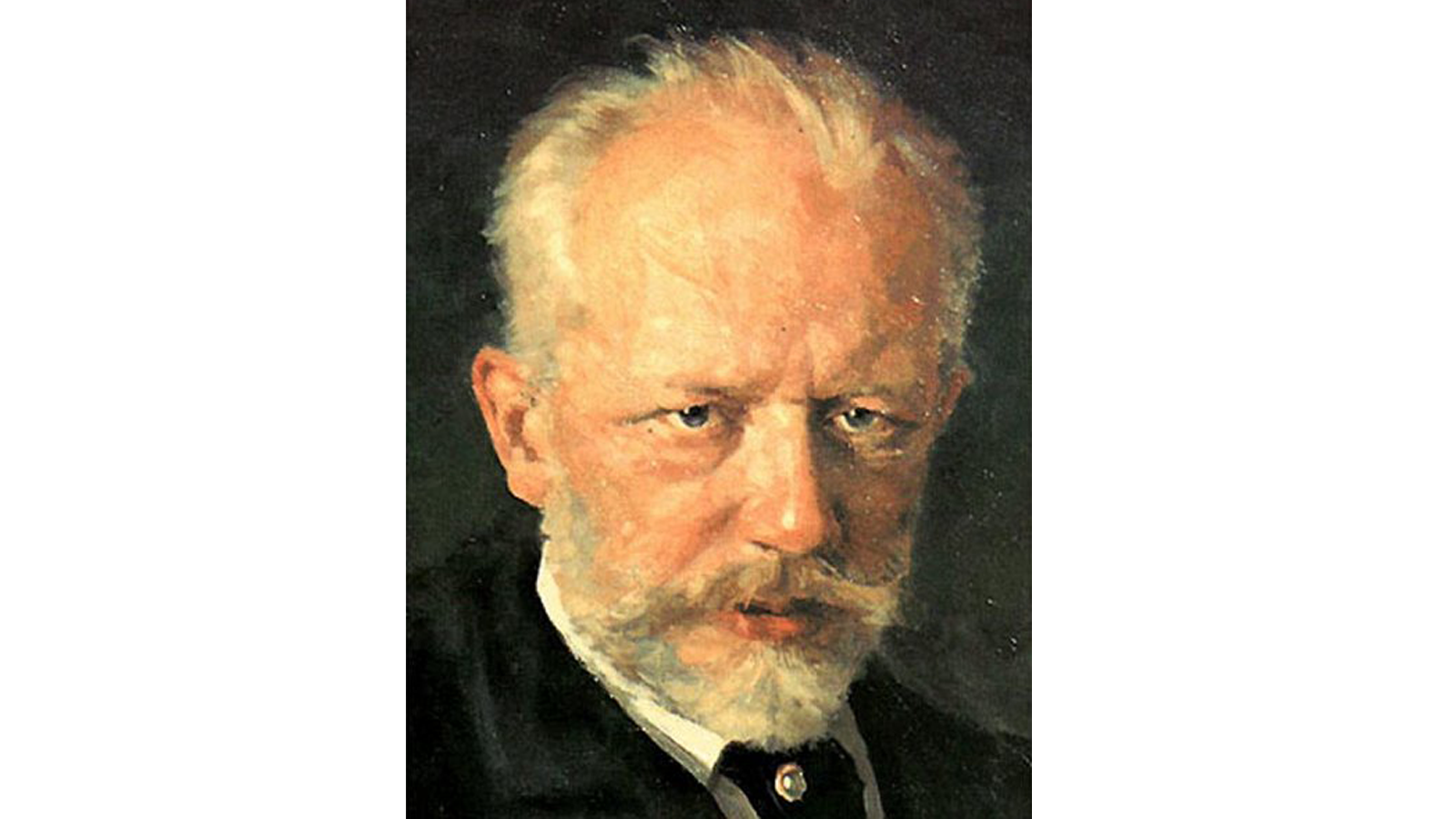
No. 32
Tchaikovsky: 1812 Overture

This is the all-time rattle-the-windows, shake-the-foundation, break-the-lease piece of music. It was written for the 70th year commemoration of the French invasion of Russia in 1812.
Napoleon led his Grande Armée, 500,000 strong, against Russia. His victorious army swept across the western plains and eventually met the Russians just west of Moscow near the village of Borodino. The battle that ensued was very bloody, but the French did prevail, and Napoleon quickly entered a deserted Moscow. There he and his army waited for Czar Alexander, safe in St. Petersburg, to sue for peace. To this day no one knows quite how it started but Moscow burned virtually to the ground. Almost every wooden structure went up in smoke. Still Alexander refused to acknowledge that he had been beaten. Napoleon’s army found life in a devastated city, surrounded by a hostile, starving population untenable. When temperatures fell below freezing, Napoleon eventually ordered the army to move. He didn’t think of it as a retreat, but simply a strategic withdrawal. However, the Russian winter fell upon Napoleon’s army like an avenging, old testament God. With hundreds, then thousands freezing or dropping by the wayside every day, Napoleon’s army began to disintegrate. The Czar’s own army moved in to finish the job. By the time Napoleon managed to extricate what was left of his army by a desperate river crossing into Prussian controlled Poland, he was left with a little over 6000 troops. Czar Alexander let it be known that “Mother Russia” had been saved by the prayers of her people. Two years later, the Czar entered Paris to a much different reception than the silent one Napoleon received when he entered Moscow.
Tchaikovsky’s “1812” Overture follows the whole scenario musically. It begins with a few cellos and violas praying to the tune of a Russian Orthodox chant known as Troparion, “O Lord Save Thy People”. Then accompanied by the muted strains of The Marseillaise the French army advances. For a while the two opposing melodies mingle as the French approach Moscow. At the introduction of the folk song “At My Gate, At the Gate” the battle of Borodino begins. The battle calls for the first of the cannon barrages. Five Russian cannon shots break apart the Marseillaise. Eventually a long descent by the strings represents the retreat of the French army, followed by the jubilation of the Russian people with a grand chorale, “God Save the Czar”. As the French scurry home there are more cannon shots, church bells joyfully ring out and an extra brass band weighs in.
In all 16 cannon shots are called for in the score. We have no verification that the composer ever heard those 16 rounds of cannon fire. I doubt it; because in 1890, Tchaikovsky wrote to a producer in Berlin asking what could be done so that at last he could hear the score as he wrote it. The answer was that it was impossible. When, in 1891, Tchaikovsky opened the new Carnegie Hall with a performance of the 1812 Overture, a combination of bass drum, timpani and tam-tam had to do for the cannon shots, but he did get the extra brass band and the church chimes to thrill the bejeweled audience gathered in the new plush seats.
Since then, in live performances ordinance is often standing by, which is simply given a signal to blaze away as they deem it appropriate. For a while orchestras could rent a small cannon, auditorium sized, but even it could not be loaded and reloaded fast enough to meet the scores required 16 rounds.
It was Antal Dorati and the folks at Mercury “Living Presence” Records that were the first to record the Overture with real cannon blasts at all the right spots in the score. A few recordings have followed their lead, but not many. You still have to be very careful to find a recording that actually provides all the bells, whistles and cannon shots that Tchaikovsky demanded for his over the top entry in our WNED Classical Top 40 countdown.
Top 40 Countdown
A few years ago the listeners to WNED Classical told us what they thought a TOP 40 list of Classical pieces should be. Six hundred and twenty-two different pieces were put forward, and over nine hundred listeners participated. The result, The WNED Classical Top 40, was both startling and comforting. There were a number of surprises, Stravinsky and Copland made the list; Mendelssohn and Schumann did not! It was comforting to know that the two most popular composers were Beethoven and J.S. Bach. The biggest surprise of all was the piece that crowned the list as No. 1.